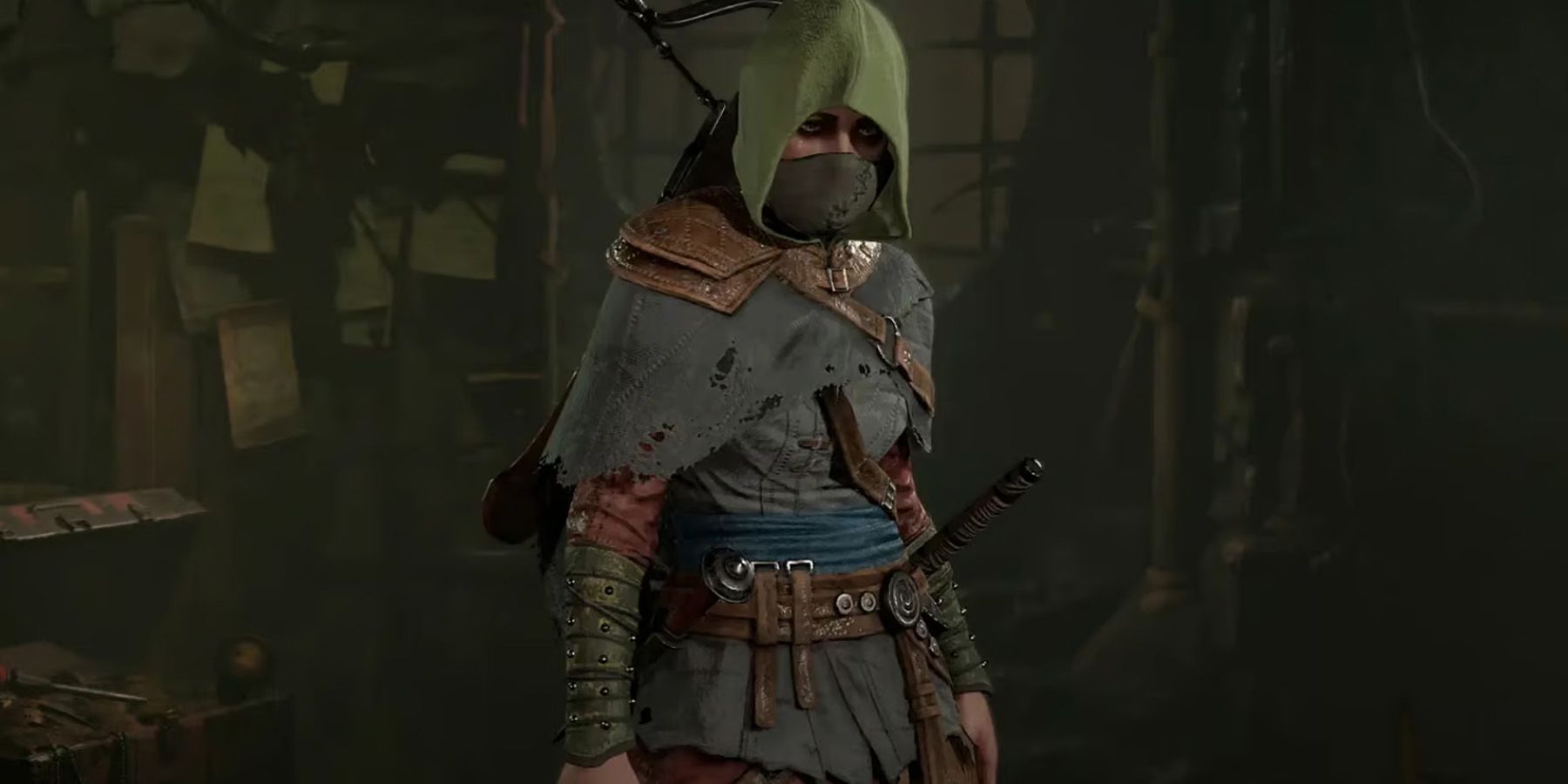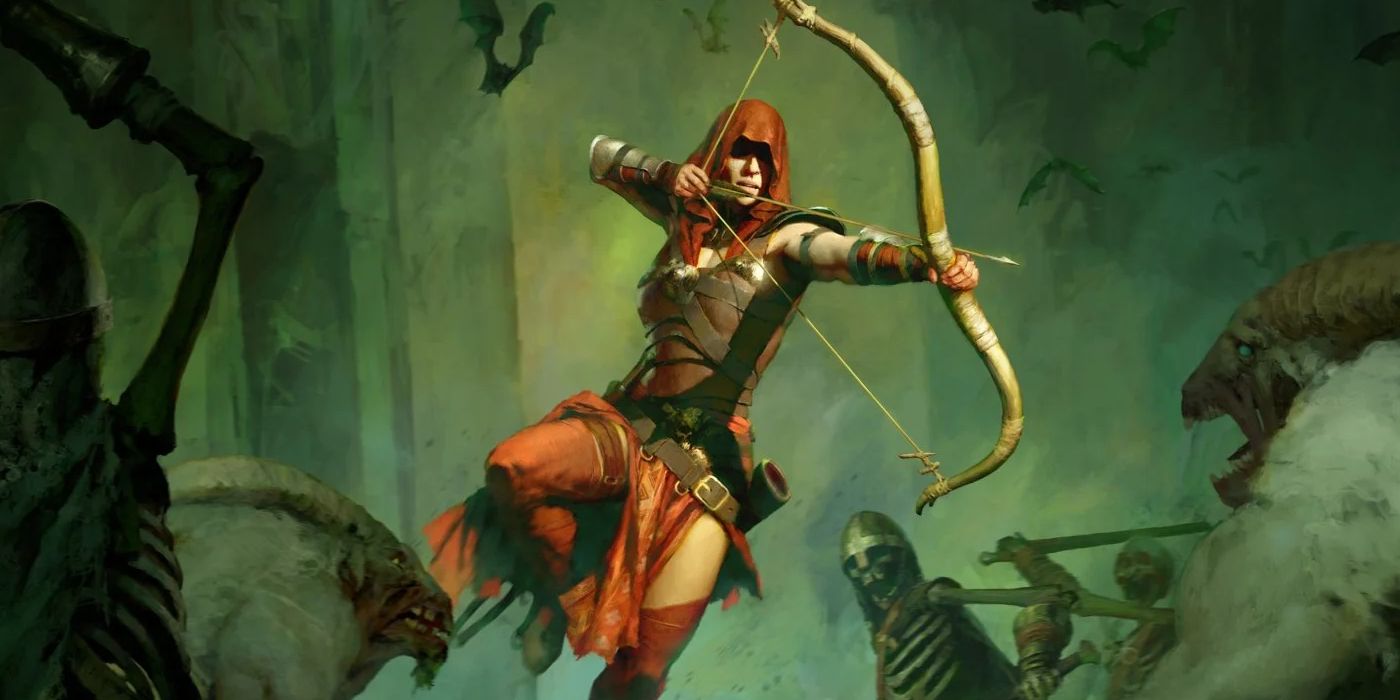Just like with every Diablo game before it, Diablo 4 features a variety of classes for players to experience. Each class has its unique ability set, use in combat, and flavor for players to enjoy, and players should know what to expect from each one as they are all staples of the Diablo franchise and are classic fantasy archetypes. However, Diablo 4 handles some of them very differently.
Players can cast all sorts of spells with the Sorcerer, decimate their foes with the Barbarian, and control the undead with the Necromancer. Each one can become a powerhouse as players level up, but one class feels very unexpected. While players may think the Rogue would be this agile marksman striking enemies from afar, it seems like Blizzard has taken an entirely different approach. It is still incredibly fun to play, but its features may be a bit unprecedented.
Diablo 4's Rogue is More Melee Based
Each Diablo 4 class fills a classic RPG archetype, and the Rogue is no different. Diablo 4's Rogue serves as the classic DPS unit that strikes from the shadows and is the only one that utilizes bows. Its description and equipment would make it seem like the Rogue would be like Diablo 3's Demon Hunter, but it is very different. Ranged combat does not seem to be its primary mode of attack, it is not as nimble, and it feels a lot slower than one would expect.
When players start Diablo 4 as a Rogue, they are met with a primarily melee-based class. While it has a bow in its inventory, it does not start with a ranged ability. Instead, players will spend that first level striking down their foes with daggers before they can get a skill point to obtain a ranged attack. While that will give this class more versatility, players will soon learn that most of the Rogue's abilities are tied to melee attacks.
The majority of the Rogue's abilities involve the dual-wielded blades that it uses. Most of the core abilities are for dual-wielding, and most of the upgrades revolve around making those attacks stronger. The class also features an assortment of traps, weapon imbuements, and subterfuge skills to help make it a force to be reckoned with. Some of these abilities help make the ranged attacks stronger, but most Rogue players will spend their time getting up close and personal with the enemy.
The Rogue is also not as nimble or agile as players might expect. While it can dodge and dash, it still feels rather slow compared to Diablo 3's Demon Hunter. Dashing is not a core ability, dodging takes more time, and it feels harder to escape from danger. Combat in general feels a bit slower in Diablo 4, but that does not hinder the experience. That is actually a welcome change of pace, albeit a bit unexpected for a class that sounded like it would be more swift and elusive.
Diablo 4's Rogue is still a very fun class to play, but its agility and lack of marksmanship were surprising. It is not built to be a ranged unit so players who were expecting that may want to look elsewhere. This class can deliver massive amounts of damage, but it must do it in a more strategic, face-to-face way. While the bow does come in handy, it feels like it exists to support the melee rather than as a substitute for it. It helps create an interesting class that some players will likely flock to, and it will be interesting to see how it changes as time goes on.
Diablo 4 will be available on June 6 for PC, PS4, PS5, Xbox One, and Xbox Series X/S.


